Cath Prisk
Karen Maxwell talks to the newly-appointed director of Play England about why children’s needs should be at the heart of a community
Can you tell me about your career background and your interest in play?
I was assistant director to Adrian Voce (former director), we then job shared for six months before I took over as the full-time director of Play England in September last year.
Prior to this, I was deputy head of two children’s centres in Hackney and worked for Lifelong Learning UK as policy manager. Before that, I spent six years in the London and the Southwest Regional Development Agencies – looking at skills policies and programmes that brought together different local partnerships to deliver region-wide projects to support people and skills.
I also set up the consultation process that set the priorities for skills that underpinned the parameters for the last round of European Social Funding in London and supported the government in developing the FE workforce strategy for the previous administration.
I started my career as a primary school teacher in North Yorkshire.
What’s Play England’s vision for play in this country?
Our vision is for England to be a country where everybody can fully enjoy their right to play throughout their childhood and teenage years. We look to work with local, regional and national partners – and families – across England to increase children’s freedom to play, focusing on time, space and opportunities.
I’ve always been interested in how different groups come together to make a community work and how children are always at the heart. It takes a village to raise a child – an old saying, but it’s as true today as it ever was. Children need to grow up somewhere where they feel safe and secure, where they know their neighbours and have space to roam.
It’s not about diving in with loads of money to solve big problems, it’s about getting everyone to work together to help each other. Tackle the little problem of whether your kid can play out on the pavement and you are on your way to building a more child-friendly community.
Can you explain your recent call for community action to help children embrace outdoor play?
We want today’s children to have the same opportunities to play outdoors that their parents did. Play is essential for children’s health and happiness, for making friends, building skills for the future and feeling part of the community. Research shows however, that just 21 per cent of children play outdoors every day compared with 71 per cent of their parents when they were young. One third of today’s children say they’ve never built a den, 32 per cent say they have never climbed a tree and one in 10 children has never ridden a bike.
As part of the Free Time Consortium, we’ve been awarded £2m from the Ministry of Civil Society to get more people involved in creating invaluable opportunities for children to play outside. Our aim is to make it easy for people to find out where they can volunteer or get involved in making their own neighbourhood a better place to play. The campaign – Love Outdoor Play – is backed by the Get Involved in Play programme, which will generate more than 20,000 opportunities to get involved – ranging from an afternoon helping out to long term volunteering placements.
I think that society is changing, but there’s a recognition that we went too far with the ‘health and safety gone mad’ brigade. Increasingly it’s acknowledged that children need challenge and opportunity – but they also need to be part of a loving community. We all know plenty of single mums who have good, strong networks and we also know two-parent families who don’t.
If children and young people feel welcome in their streets, in local adventure playgrounds and parks; have places where they can climb trees, try parkour and learn to skateboard – they know their voice is being heard and that massively reduces the likelihood of anti-social behaviour. This is further enhanced by police support and the introduction of play rangers into parks that make places playful, and increase children’s and young people’s sense of shared ownership.
We’re also very aware of the success of intergenerational projects. There’s a genuine warmth about the place when the whole community gets involved in a project – such as people volunteering their website expertise or gardening skills.
It’s important that young people feel secure in these community environments to help them build better relationships in the future and many older people find it a real lifeline to engage with youngsters.
We launched Love Outdoor Play, the public-facing campaign in January and already have more than 1,000 new supporters. The loveoutdoorplay.net blog site is developing as a community space, providing examples and encouragement to all those who believe children should be outside more. We’ll be putting up stories about the difference volunteering around play can make to communities and individuals – including blogs about celebrity volunteers including P Diddy at Toffee Park in Islington, London and the singer from Alabama 3 at the Triangle Adventure Park in south London.
How is the play sector coping with the government’s funding cuts?
The play sector as a whole is facing a very difficult time. This was made harder when the funding for the evaluation of the previous investment in play was cut, so we can’t show the hard evidence of the difference it is making.
We know that children are using neighbourhood play areas, playgrounds and child-friendly parks more often and that they’re making the communities feel safer and nicer places to live in, but we don’t have the ‘hard’ statistics to prove it.
While we had the national play strategy, we knew that all 364 district and unitary councils had a play strategy that brought together their built environment planning strategies and their child care and out of school strategies. I can’t emphasise enough how important it is for a local authority to have some thinking about how the needs of children and young people are met in the outdoor environment. We want to know that all departments link into a play strategy, not just the children’s services teams.
The Play England team did an ‘unscientific’ ring round every local authority we’ve had a relationship with and we now think that just 20 per cent still have a play strategy in place. That could be cut again this summer with the next round of redundancies.
However, these lean times are also witness to some real innovation. Dudley, which at the height of the play strategy in 2009 was awarded a £2.5m government grant and leveraged a further £8m investment from health, housing, section 106s and private sector investors, developed a wonderful playground that catered to both able-bodied and disabled children. Faced with redundancies when local authority funding was stopped, the playground manager set up an on-site catering business to run private parties and rent out the space to local schools, conference organisers and team building challenges. Consequently the play area now generates a turnover of £120,000 a year.
This sort of entrepreneurialism won’t be right for every community play space, but it’s what the community around that playground chose as the means to ensure the adventure play sessions after school and in the holidays remain free for all children.
So how can a community make the most of its play provision?
It’s important that a community rallies around their local provision and finds the right way of investing into it. This might mean setting up a strong community committee, which can apply for local or voluntary sector trust funding. It might be that local businesses club together because they recognise the benefit of increased footfall in that area.
Last year we worked with 20 local communities to think about how they could come together to retain and sustain their local play provision. On the back of that we developed a practice guidance for parish councillors on how to look after play, form ‘friends of the parks’ groups and how to use social media to raise awareness of the play provision. We’ve got some great practice guidance for communities on our website at: www.playengland.org.uk.
What are the plans for play provision in the Olympic Park?
The Olympic Park Legacy Company (OPLC) has assured us that eventually the whole park will be child-friendly and that at least 20 play spaces will be built across the whole area, with the Play England Design Guide and Managing Risk in Play Provision Guide shaping the design and development of each space.
The Park’s North Hub will offer a destination site for older children aged eight to 15 years and this will include a community centre and café area. The South Hub play provision will be located near to the Anish Kapor Sculpture and will offer play structures for younger children.
More bridges are being built to provide easier access to the Park from surrounding boroughs and we’re looking at ways to support local play associations and others in ensuring that there are safe, playful routes in and out of the park for post-Games use.
While the future of some development platforms within the Park are being decided, we’d like to see temporary adventure playgrounds erected in these spaces. These could be designed by the whole community and could potentially allow for play features to run along a play route that stretched from Tower Bridge, through the Olympic Park and out through Epping Forest – making it the world’s biggest and best play facility.

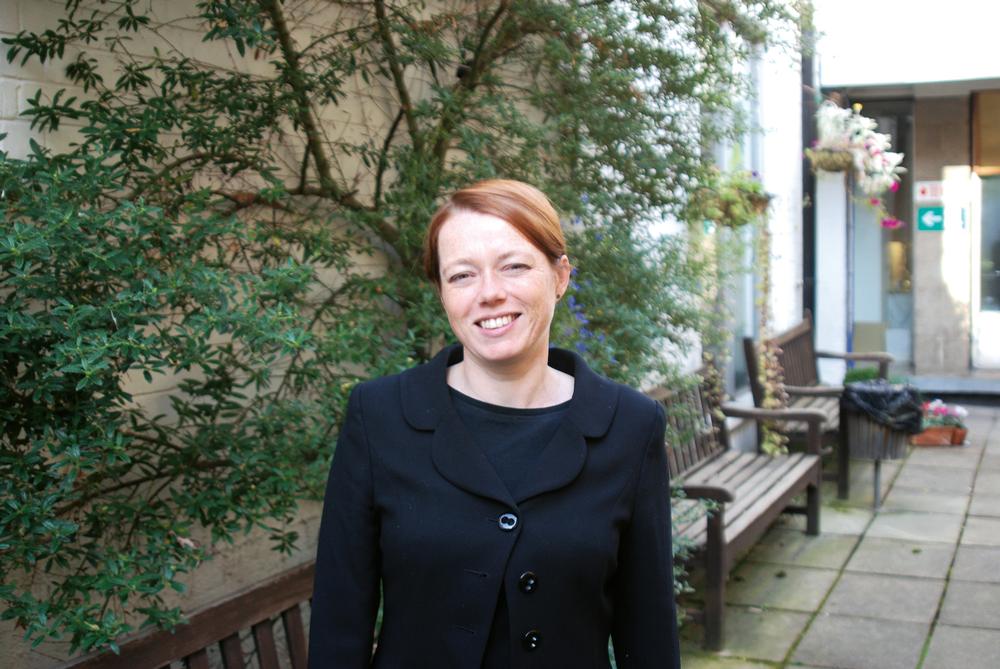
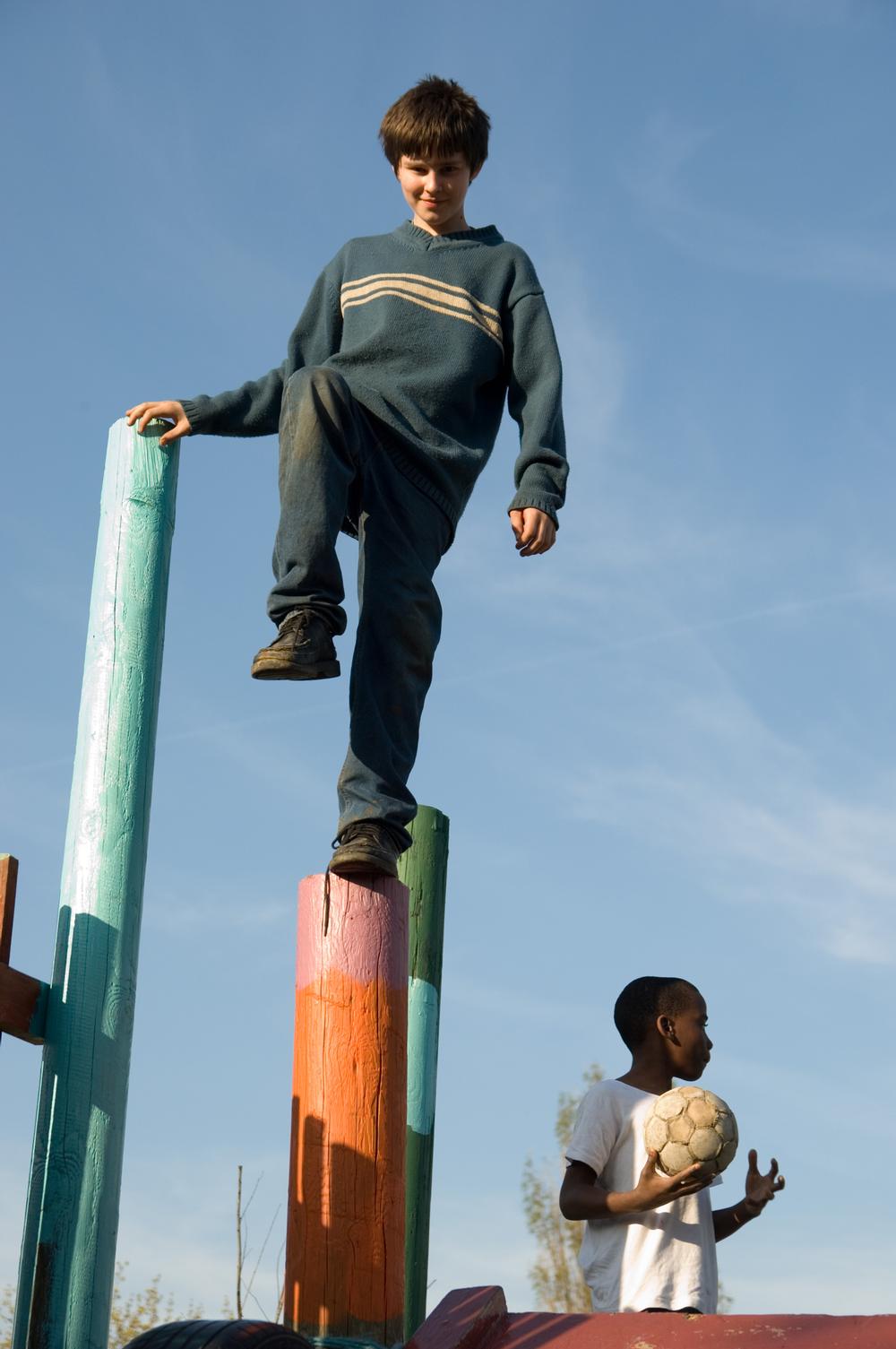
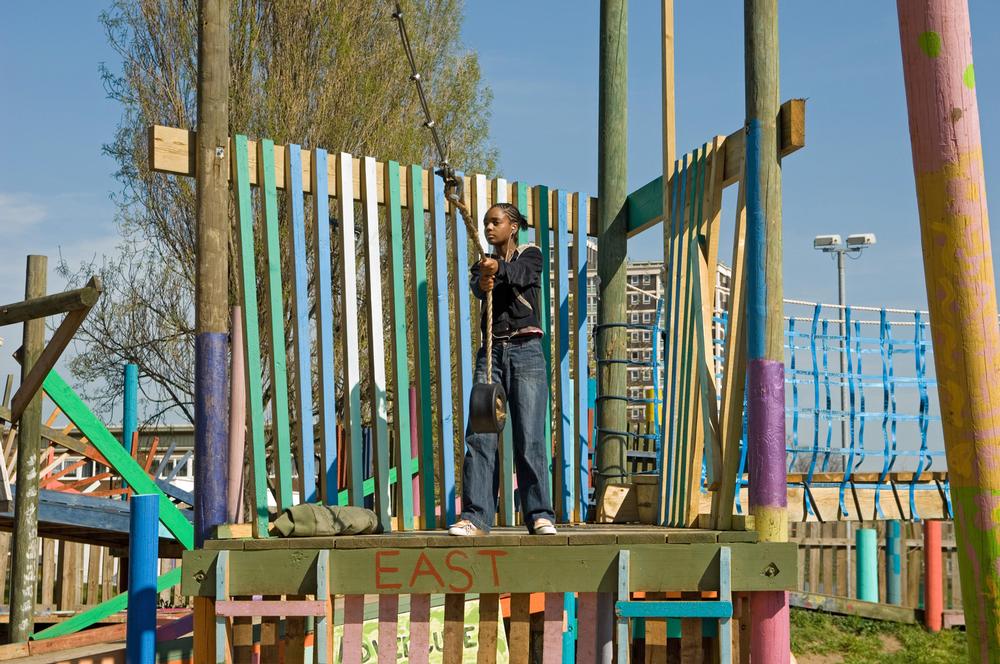
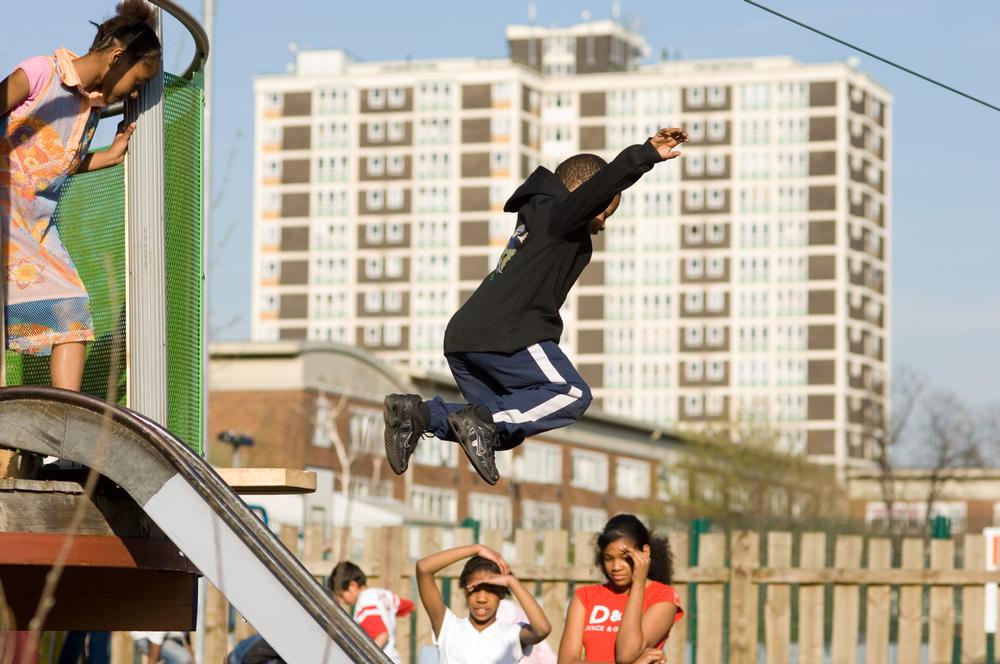
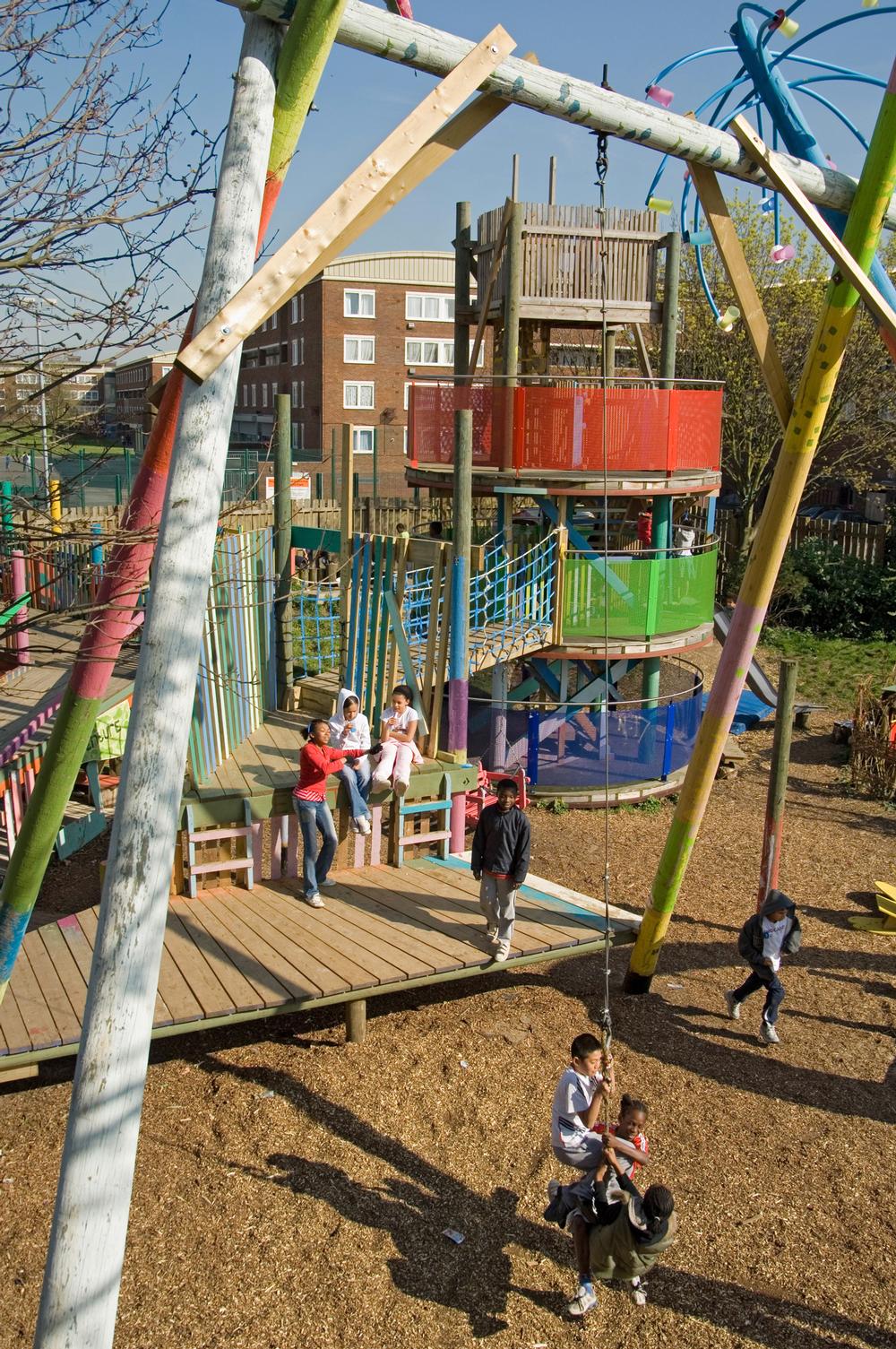
Team Leader (Harrow School Fitness Club)
Centre Manager (Leisure)
Director of Operations
Fitness Motivator
Recreation Assistant/Lifeguard (NPLQ required)
Membership Manager
Recreation Assistant
Swim Teacher
Swim Teacher
Chief Executive Officer, Mount Batten Centre
Swim Teacher
Swimming Teacher
Swimming Teacher
Company profile

Featured Supplier

Property & Tenders
Company: Knight Frank
Company: Belvoir Castle
Company: AVISON YOUNG
Company: London Borough of Bexley
Company: Forestry England














